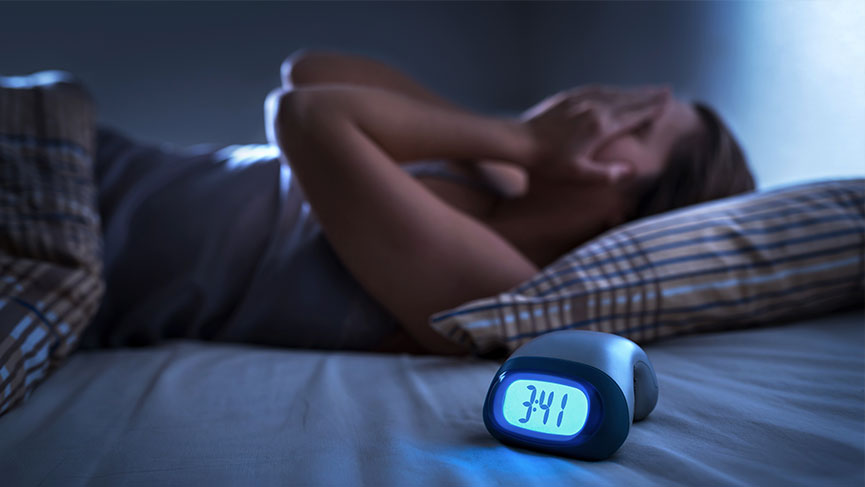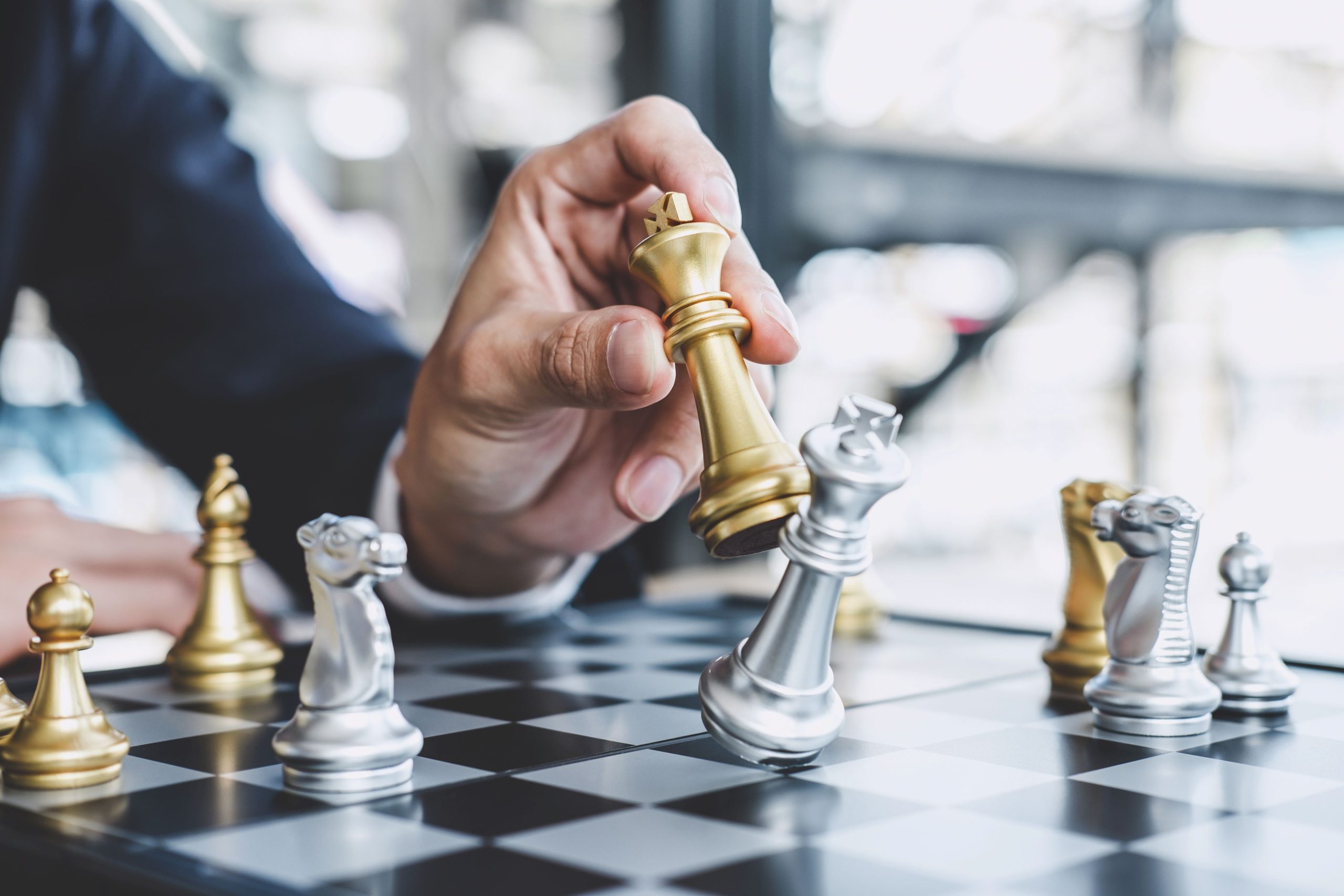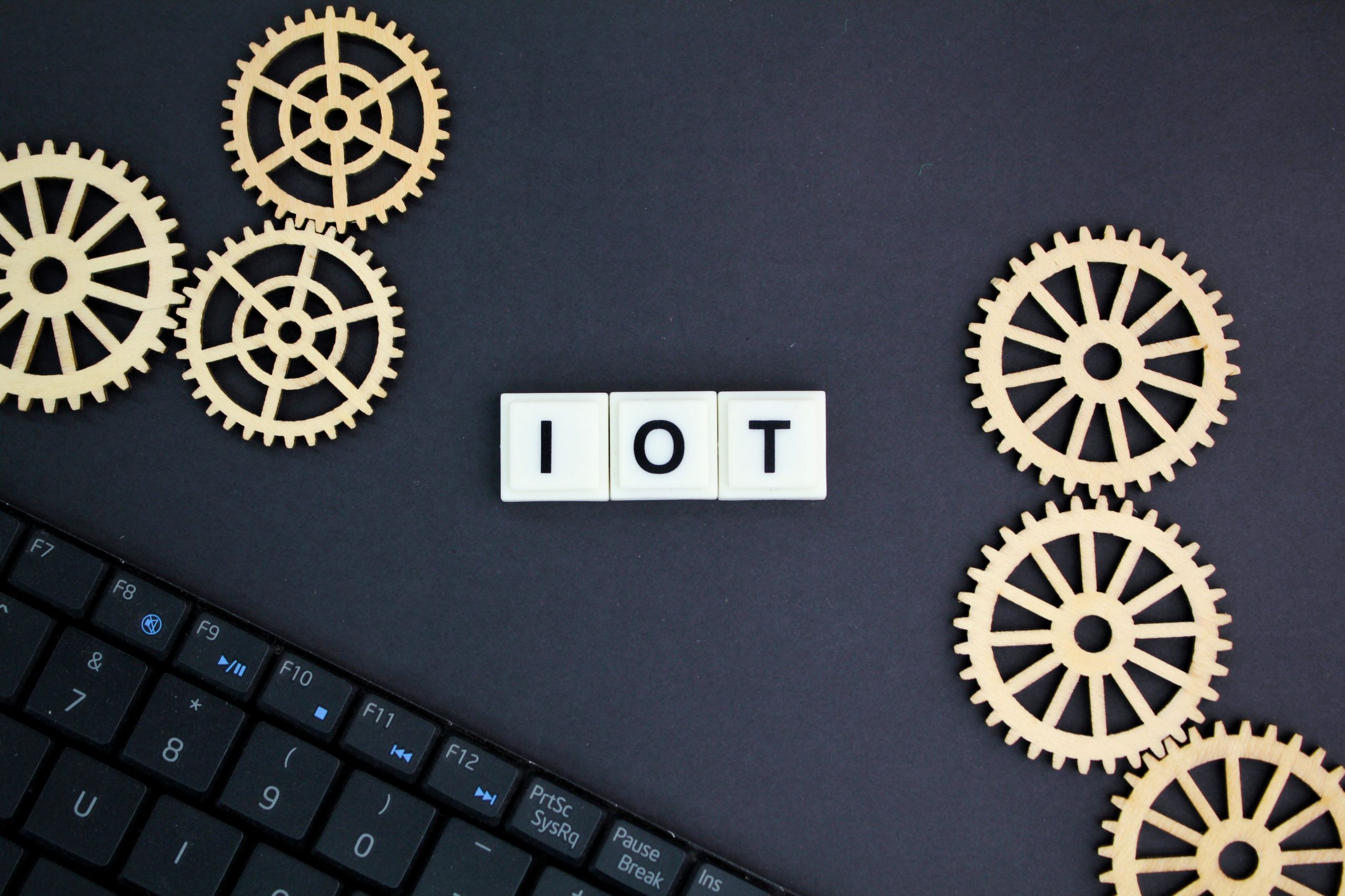Insomnia is characterized by difficulty falling asleep, staying asleep, or experiencing poor sleep quality. It can leave individuals feeling tired, irritable, and unable to function at their best during the day. Beyond the immediate consequences of fatigue and daytime sleepiness, chronic insomnia can lead to more serious health problems.

The impact of insomnia on one’s physical and mental health should not be underestimated. Studies have shown that prolonged periods of insufficient sleep can increase the risk of developing conditions such as obesity, diabetes, cardiovascular disease, and even mental health disorders like depression and anxiety.
Fortunately, there are various treatment options available for managing insomnia. From lifestyle changes to therapy techniques and medication interventions, individuals suffering from this sleep disorder can find relief and improve their overall well-being.
1. Cognitive Behavioral Therapy for Insomnia (CBT-I)
Cognitive Behavioral Therapy for Insomnia (CBT-I) is a highly effective and evidence-based treatment approach for individuals struggling with sleep disorders. By addressing the underlying thoughts, behaviors, and emotions that contribute to insomnia, CBT-I offers a holistic and long-lasting solution.
CBT-I focuses on making behavioral changes that promote better sleep hygiene and improve sleep quality. It helps individuals identify and challenge negative thought patterns that may be interfering with their ability to fall asleep or stay asleep throughout the night. By replacing these thoughts with more positive and realistic ones, it helps to reduce anxiety and stress associated with insomnia.
Through various techniques such as stimulus control, sleep restriction therapy, relaxation training, and cognitive restructuring, CBT-I empowers individuals to regain control over their sleep patterns. It equips them with practical strategies to establish a consistent sleep routine, create a conducive sleep environment, manage racing thoughts before bedtime, and develop healthier habits for improved restfulness.
2. Dealing with Hormonal Imbalances
Dealing with hormonal imbalances can be a challenging and frustrating experience. One common hormonal imbalance that can have a significant impact on our overall well-being is low testosterone. This condition can lead to various symptoms, including insomnia, which can further exacerbate the problem.
Insomnia caused by low testosterone levels can disrupt your sleep patterns, leaving you feeling fatigued and irritable during the day. It’s crucial to address this issue and find effective solutions to improve your sleep quality and overall health.
One potential solution that has gained popularity is testosterone replacement therapy (TRT). TRT involves supplementing the body with synthetic or bio-identical testosterone to restore hormone levels to normal ranges. This therapy has shown promising results in alleviating symptoms related to low testosterone, including insomnia. It is crucial to get an essential guide to testosterone replacement therapy if you feel unusually tired and stressed out lately.
By understanding the role of low testosterone in causing insomnia and exploring effective treatment options like TRT, you can take proactive steps towards balancing your hormones and improving your sleep quality. Let’s dive into this comprehensive guide that will empower you with knowledge and strategies for dealing with hormonal imbalances effectively.
3. Light Therapy to Regulate Sleep-Wake Cycle
Light therapy has emerged as a promising solution for individuals struggling with insomnia and irregular sleep patterns. By harnessing the power of light, this therapy aims to regulate the sleep-wake cycle, also known as the circadian rhythm.
The benefits of light exposure on our sleep patterns are well-documented. Research has shown that exposure to specific wavelengths of light can help synchronize our internal body clock, leading to improved sleep quality and a more consistent sleep schedule.
Light therapy involves the use of specialized devices that emit bright light, mimicking natural sunlight. By exposing oneself to this artificial light for a specific duration each day, individuals can effectively reset their circadian rhythm and promote healthier sleep patterns.
This therapy has shown particular efficacy in treating various sleep disorders, including insomnia. It is a non-invasive and drug-free approach that offers an alternative to traditional treatments.
4. Neurofeedback Training to Improve Sleep Patterns
Neurofeedback training involves monitoring brainwave activity during sleep and providing real-time feedback to the individual. By using specialized equipment, such as EEG (electroencephalogram) devices, brainwave patterns can be analyzed and interpreted.
This innovative approach allows individuals to gain insight into their brain activity during different stages of sleep. Through neurofeedback training, individuals can learn to recognize patterns associated with deep sleep, REM sleep, and wakefulness.
By receiving immediate feedback on their brainwave activity during sleep, individuals can make conscious efforts to modify their behavior or environment for better sleep quality. This can include implementing relaxation techniques, adjusting sleeping positions or habits, or creating a more conducive sleeping environment.
Neurofeedback training has shown promising results in improving various aspects of sleep, including reducing insomnia symptoms, enhancing sleep efficiency, and promoting more restorative deep sleep cycles. Additionally, it has been found beneficial for addressing other related issues such as nightmares or night terrors.
5. Non-Invasive Brain Stimulation Techniques to Promote Better Sleep
In the quest for a good night’s sleep, non-invasive brain stimulation techniques have emerged as a promising solution. These techniques offer an alternative approach to traditional methods of treating insomnia, such as medication or therapy. Two notable methods in this field are transcranial magnetic stimulation (TMS) and transcranial direct current stimulation (tDCS).
TMS involves the use of magnetic fields to stimulate specific areas of the brain associated with sleep regulation. By targeting these areas, TMS can help alleviate symptoms of insomnia and promote better sleep patterns. This technique has shown promising results in clinical studies and is gaining recognition as a non-invasive treatment option for individuals struggling with sleep disorders.
Similarly, tDCS utilizes low-intensity electrical currents to modulate brain activity. By applying electrodes to specific regions of the scalp, tDCS can enhance or inhibit neural activity, depending on the desired effect. Studies have shown that tDCS can have a positive impact on sleep quality and duration, making it an attractive option for those seeking non-pharmacological interventions for their insomnia.
By gaining a better understanding of insomnia’s impact on your life and exploring effective strategies for managing it, you can take proactive steps towards achieving better sleep quality and ultimately improving your overall health and well-being.







